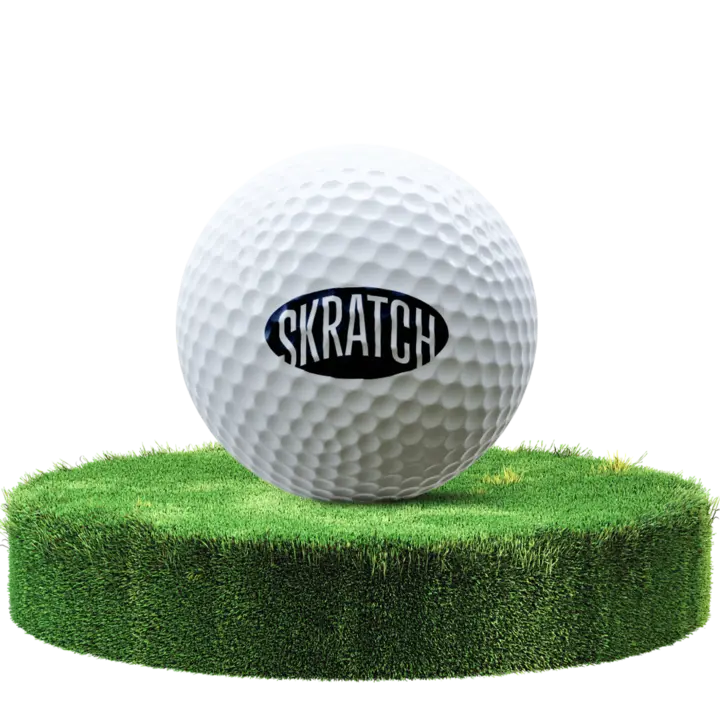
It’s Time to Ditch Your 3-Wood, Here’s Why.
Many golfers struggle with finding the proper clubs to fill the gap between their driver and their longest iron. Fortunately, the solution to this problem might be easier than you think.
One of the most common statements I hear from golfers as we begin their fitting is: “I can’t hit a fairway wood to save my life”. My answer is always the same: “Welcome to the club”.
In my opinion, fairway woods, more specifically 3-woods, are the toughest clubs in the bag to hit. They are the longest clubs with the least amount of loft that you are hitting off the ground. Everything about this puts you on the losing side of the equation when trying to make solid contact. The only reason I argue the driver is easier to hit is because it is sitting on a tee, which negates the need for proper turf interaction.
There are many aspects of how a golfer swings that influences whether a fairway wood may work for them, and one of the most important is turf interaction. Golfers with a steeper angle of attack tend to perform better with a deeper faced model, such as the Titleist GT3 or Callaway Elyte Triple Diamond. Conversely, golfers with a shallower angle of attack might find more success with a slimmer profile from crown to sole, such as the Ping G440 Max.

*Getty Images
However, none of that matters if you are not producing proper launch conditions.
The classic set up at the top-of-the-bag consisting of a Driver, (a 15°) 3-wood, and (an 18°) 5-wood is no longer the status quo. In recent years, I have fit more golfers into a set up consisting of a Driver, 5-wood, and potentially a (21°) 7-wood. Let me explain why the 3-wood is being left out of the bag.
For us mere mortals who don’t produce the same club head speed as the golfers we watch on TV, it can be difficult to achieve an effective peak height with fairway woods that fall in the 13.5-15* loft range. No matter who the golfer is, there will always be a “point of no return” where lowering the loft further just doesn’t translate to more distance. The faster you swing, the lower this loft becomes.
While you might produce more ball speed with these lower lofts, without a proper peak height and spin the golf ball is going to fall out of the air before it has a chance to reach its intended distance, and likely end up where a higher lofted option would. On top of this, you will also have a steeper descent angle, allowing you to have some more stopping power when attacking those reachable par 5s.
This is even true for some of the best golfers in the world. Adam Scott recently spoke about how he added a higher lofted 3-wood into the bag (16.5*), but notes that he is still able to achieve the same distance because these clubs are still “as hot” as their lower lofted counterparts. This is partly because they produce lower spin, but I’d argue that anything Adam Scott touches is hot.
The cherry on top? These higher lofted options will normally fly a bit straighter. Pair up the shorter overall length of the club with the added loft, these clubs will be a bit easier to control.
Of course, this is not meant to be a “one size fits all” solution to fitting fairway woods. A lot depends on how you want to utilize them. If you are looking to use it primarily off the tee where you are looking for more roll, then a lower lofted option may suit you more.
However, if you are looking for a club to work both off the tee and to attack those short par 5s, you might want to take a look at a higher lofted option. And once you find the one that works, hold onto it for dear life.
Fairway Woods to Consider
*Every product is independently selected by editors. Things you buy through our links may earn us a commission.



Share this article
JOIN OUR NEWSLETTER
Get our top stories in your inbox, including the latest drops in style, the need-to-know news in pro golf, and the latest episodes of Skratch’s original series.


RELATED ARTICLES

Skratch 2025 © All rights reserved



